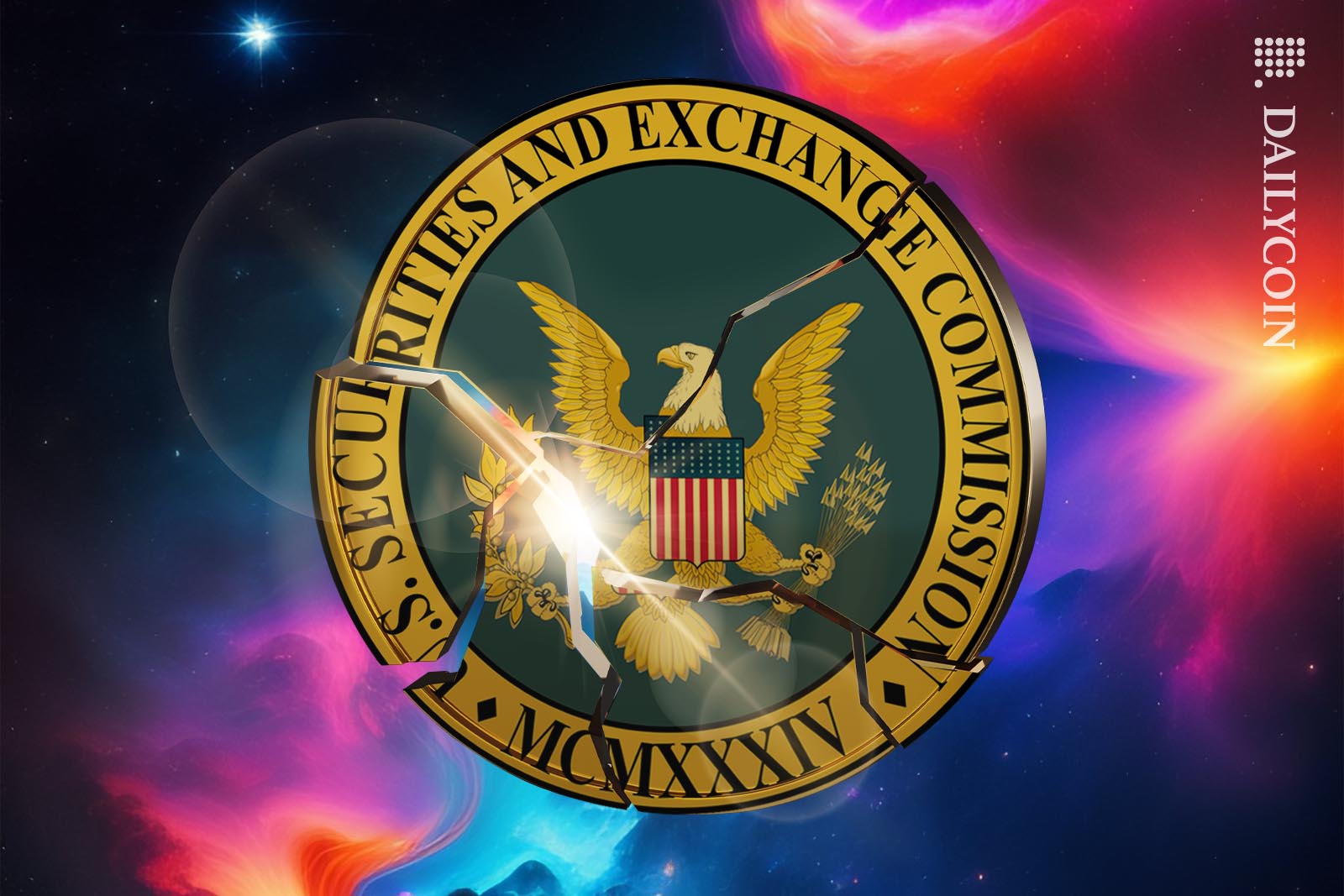
- SEC Commissioners took a divergent interpretation of the Howey test as it pertained to Impact Theory.
- Calls for clear securities guidelines continue to be made.
- Impact Theory settled with the SEC to avoid a lawsuit.
The Securities Exchange Commission (SEC) has built a notorious reputation for its hard-line approach to crypto enforcement. The agency’s crypto crackdown kicked into overdrive this year, with 24 enforcement actions in the first six months of 2023 versus 30 in 2022, per data compiled by Cornerstone Research.
Following the SEC’s first NFT enforcement action, things ramped up further this week. But cracks have begun to emerge as some within the SEC’s ranks have raised their objections to the move.
SEC Commissioners Contradict the Agency
The SEC charged California-based media firm Impact Theory on August 28, alleging the company had violated the Howey test by offering and selling unregistered securities in its “Founder’s Keys” NFTs.
Sponsored
In response to the enforcement action, SEC Commissioners Peirce and Uyeda released a statement opposing the move, giving a divergent interpretation of the Howey test. Their statement read:
“The NFTs were not shares of a company and did not generate any type of dividend for the purchasers. The Commission charged Impact Theory with engaging in an unregistered securities offering on the theory that the NFTs were offered and sold as investment contracts.”
The Commissioners questioned why the enforcement action was necessary, given that the “typical cure for a registration violation is a rescission offer,” which Impact Theory had already satisfied by repurchasing the NFTs at $7.7 million ETH.
Sponsored
Closing their statement, Commissioners Peirce and Uyeda drew attention to the contradiction in punishing NFT securities violations without defined regulatory guidelines. They sought answers to questions that may inform regulatory procedures, including defining an NFT, details of how NFTs intersect with securities laws, and information on the SEC’s registration requirements tailored to consider the complexities of NFTs.
During a recent interview with DailyCoin, Commissioner Peirce suggested that crypto regulation would be better served by drafting multiple, separate legal frameworks for specific intersections, such as a framework for token offerings and another for custody.
Impact Theory Slapped with Fine
The SEC filed an administrative proceeding against Impact Theory on August 28, publicizing the findings of their investigation on the alleged illegal offering and sale of “Founder’s Keys” NFTs while formally imposing a cease and desist order on the firm.
The agency ordered that Impact Theory end all of its actions that contradict the Securities Act, fulfill its agreed undertakings, including the destruction of all NFTs in its possession, and pay a fine totaling $6.1 million for counts of disgorgement, prejudgement interest, and civil penalty.
On the Flipside
- NFT sales have tanked from a monthly peak of $6 billion in January 2022 to $494.5 million in July 2023, per CryptoSlam.
- The recent Grayscale vs. SEC ruling, which ordered a re-review of the decision to deny the investment firm’s spot Bitcoin ETF application, demonstrated a degree of division between the SEC and the court.
Why This Matters
Internal dissent threatens to disrupt the SEC’s crypto crackdown, encouraging the likes of SEC critics, such as Ripple CEO Brad Garlinghouse, who recently called the agency “out of control.”
Learn more about the Grayscale vs. SEC ruling here:
Grayscale Trumps SEC in Bitcoin ETF Case: What Next?
Discover friend.tech’s approach to discouraging copycat SoFi apps here:
